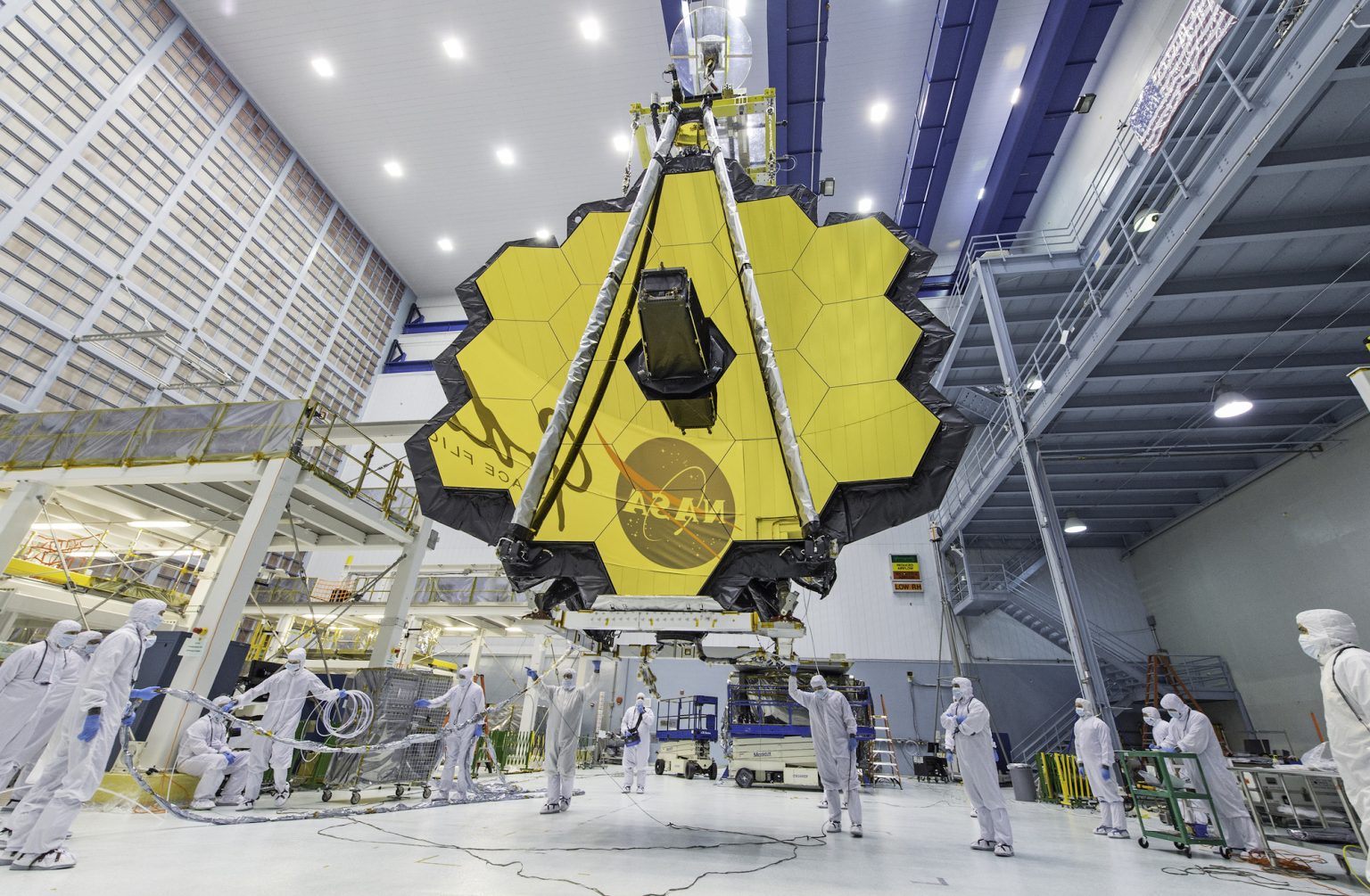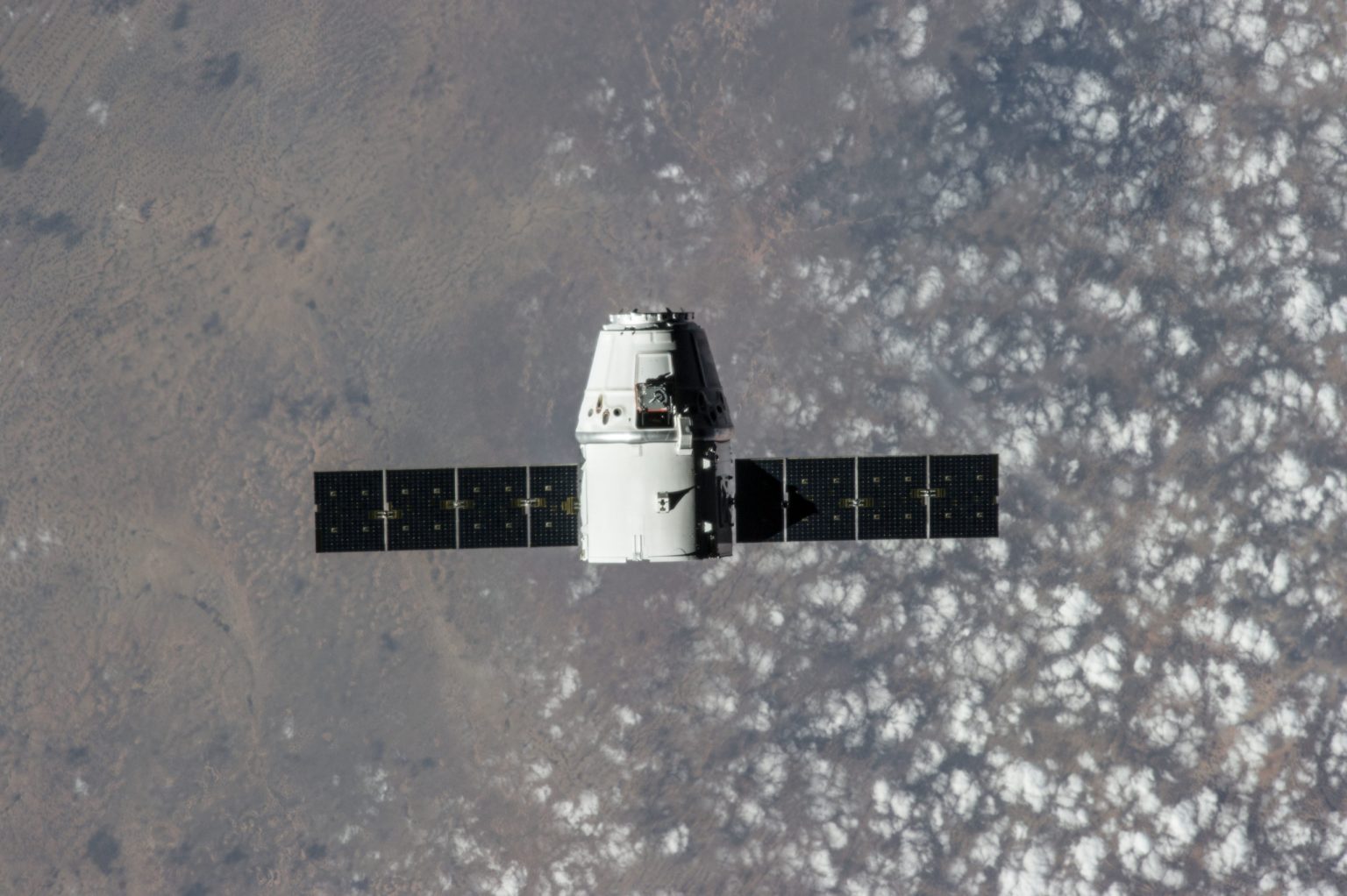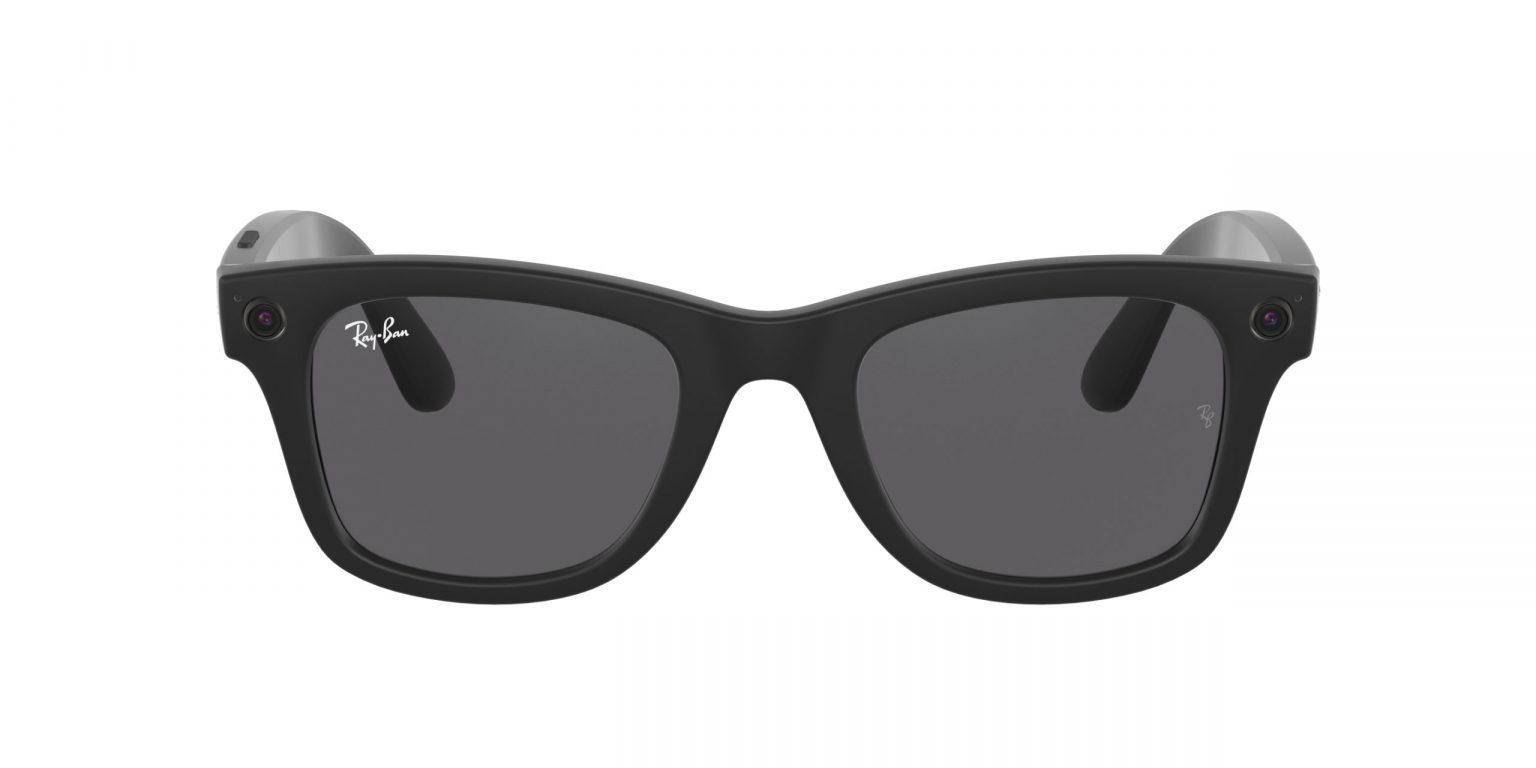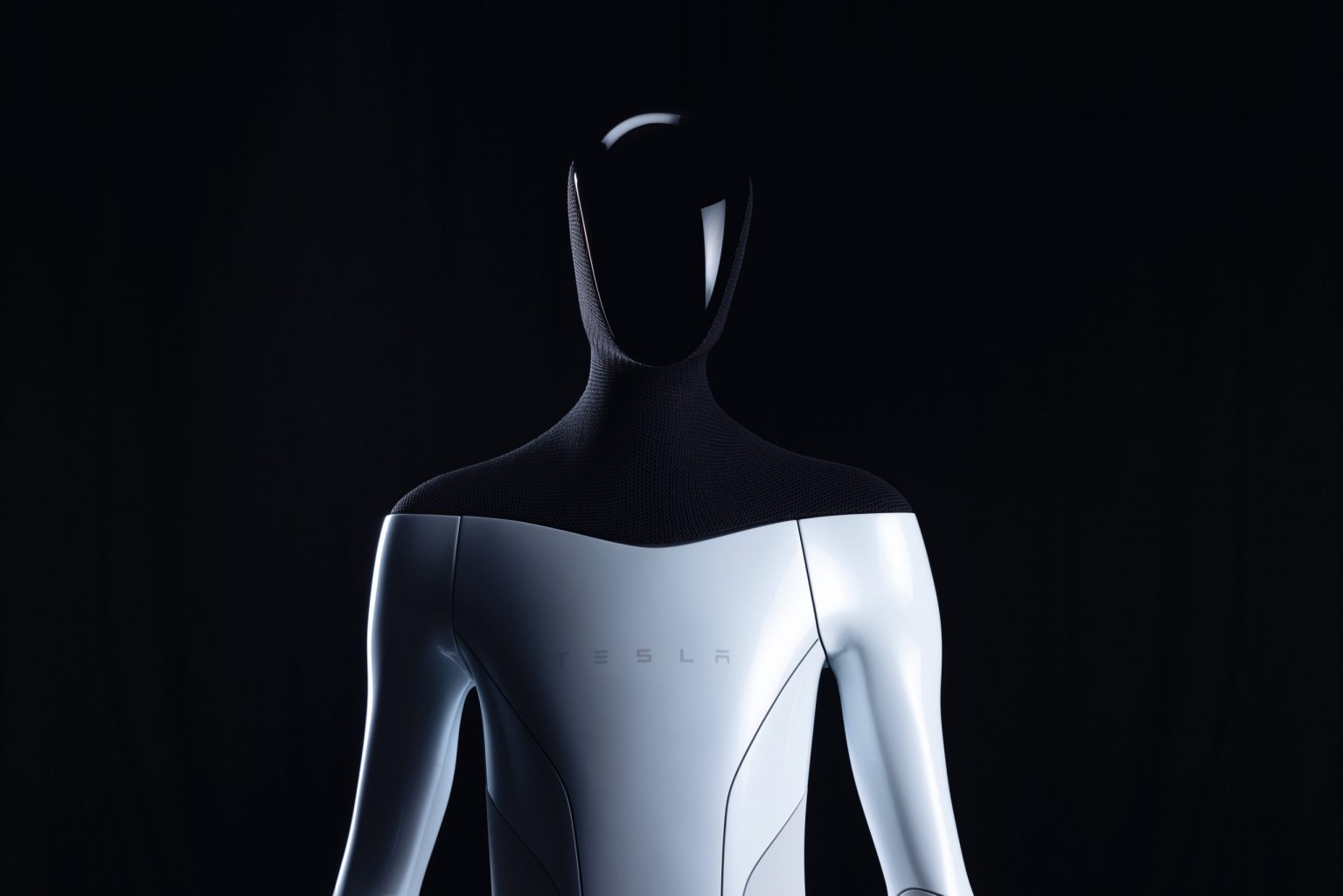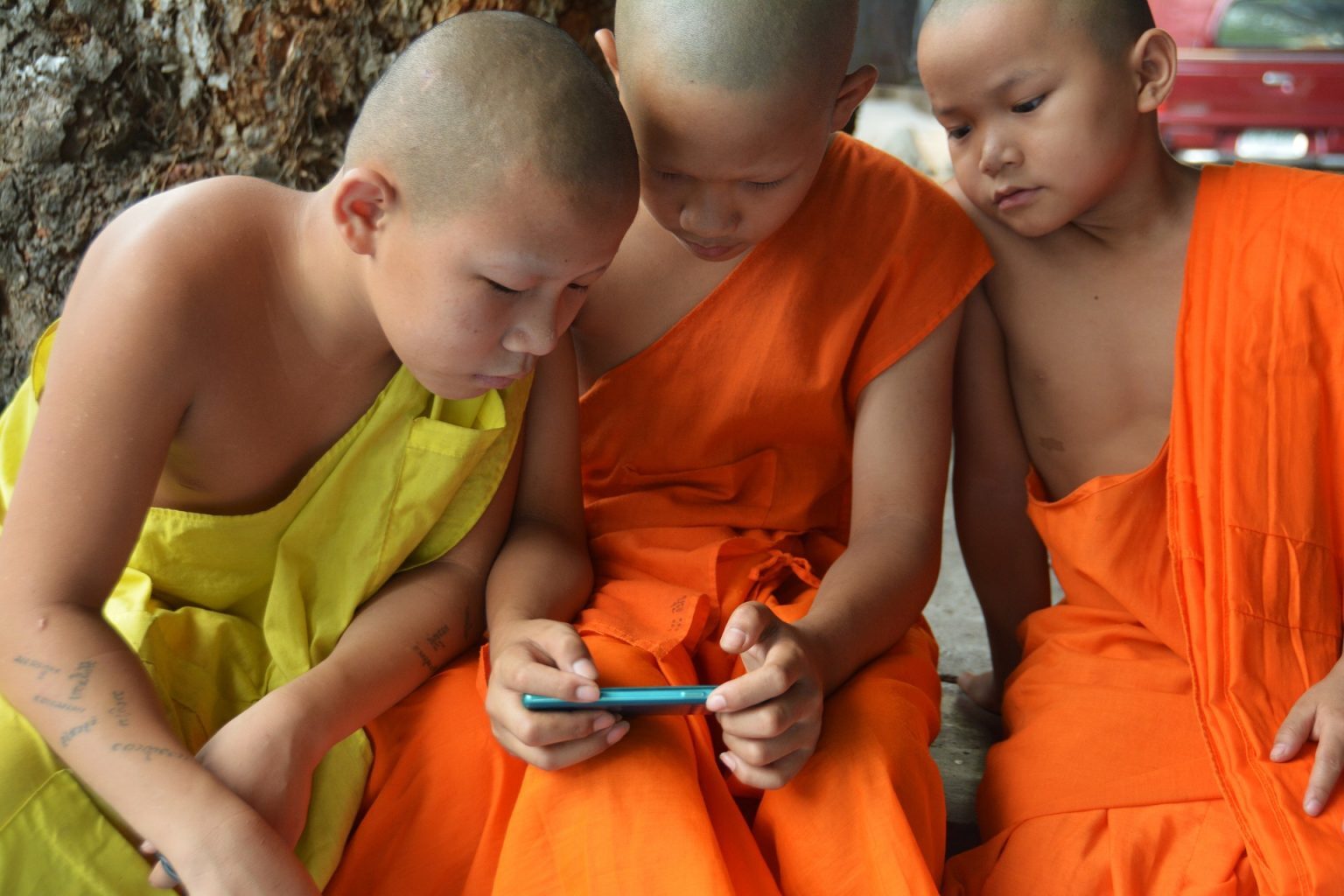The James Webb Space Telescope is scheduled to head to space on Dec. 18, 2021. With it, astronomers hope to find the first galaxies to form in the universe, will search for Earthlike atmospheres around other planets and accomplish many other scientific goals. I am an astronomer and the principal investigator for the Near Infrared Camera – or NIRCam for short – aboard the Webb telescope. I have participated in the development and testing for both my camera and the telescope as a whole. To see deep into the universe, the telescope has a very large mirror and must be kept extremely cold. But getting a…
Author: The Conversation
Apple’s plan to scan customers’ phones and other devices for images depicting child sexual abuse generated a backlash over privacy concerns, which led the company to announce a delay. Apple, Facebook, Google and other companies have long scanned customers’ images that are stored on the companies’ servers for this material. Scanning data on users’ devices is a significant change. However well-intentioned, and whether or not Apple is willing and able to follow through on its promises to protect customers’ privacy, the company’s plan highlights the fact that people who buy iPhones are not masters of their own devices. In addition, Apple is using a complicated scanning…
What is my IP? It’s an odd question in most people’s minds, yet it’s one of the top ten most-searched questions on Google. Those who know what an IP address is will already know most of these searches are coming from people who understand what they’re searching for. But for the rest of us a more relevant question might be: what is an IP address? Across the globe there are billions of computing devices that connect to the internet. To communicate, each device needs an address, just like our homes. Our home address is typically structured along the lines of “number, street, city, postcode,…
On Sept. 15, 2021, the next batch of space tourists are set to lift off aboard a SpaceX rocket. Organized and funded by entrepreneur Jared Isaacman, the Inspiration4 mission touts itself as “the first all-civilian mission to orbit” and represents a new type of space tourism. The four crew members will not be the first space tourists this year. In the past few months, the world witnessed billionaires Richard Branson and Jeff Bezos launching themselves and a lucky few others into space on brief suborbital trips. While there are similarities between those launches and Inspiration4 — the mission is being paid for by one…
In partnership with eyewear brand Ray-Ban, Facebook has released its first pair of smart glasses, offering wearers the ability to capture photos and videos without even needing to pull out their phone. The glasses, called Ray-Ban Stories, are now available for A$449 and are functionally similar to devices already on the market, such as SnapChat Spectacles. They allow users to capture images and video and upload them to their social media accounts, via an app called Facebook View. Users will be able to share content on Facebook and other Facebook-owned platforms, including Instagram, WhatsApp and Messenger, as well as non-Facebook apps such as…
Sometimes major shifts happen virtually unnoticed. On May 5, IBM announced Project CodeNet to very little media or academic attention. CodeNet is a follow-up to ImageNet, a large-scale dataset of images and their descriptions; the images are free for non-commercial uses. ImageNet is now central to the progress of deep learning computer vision. CodeNet is an attempt to do for Artifical Intelligence (AI) coding what ImageNet did for computer vision: it is a dataset of over 14 million code samples, covering 50 programming languages, intended to solve 4,000 coding problems. The dataset also contains numerous additional data, such as the amount of memory required…
Elon Musk announced the Tesla Bot, a humanoid robot designed to help with those repetitive, boring tasks people hate doing. Musk suggested it could run to the grocery store for you, but presumably it would handle any number of tasks involving manual labor. Predictably, social media filled with references to a string of dystopian sci-fi movies about robots where everything goes horribly wrong. As troubling as the robot futures in movies like I, Robot, The Terminator and others are, it’s the underlying technologies of real humanoid robots – and the intent behind them – that should be cause for concern. Musk’s robot is being developed…
Through social distancing mandates, lockdown measures and restrictions on gatherings and services, the pandemic has brought about widespread changes to how modern societies function. And everyone has become more reliant on smartphones. One study found smartphone use increased by 70 per cent during the first few months of the pandemic. And a recent Canadian survey found more than 40 per cent of respondents are spending even more time on their phones this year. The reliance on digital technologies, including smartphones, has increased tremendously because of the need to do everything from home — working, studying, staying connected, reading the news and interacting with…
A new law gives Australian police unprecedented powers for online surveillance, data interception and altering data. These powers, outlined in the Surveillance Legislation Amendment (Identify and Disrupt) Bill, raise concerns over potential misuse, privacy and security. The bill updates the Surveillance Devices Act 2004 and Telecommunications (Interception and Access) Act 1979. In essence, it allows law-enforcement agencies or authorities (such as the Australian Federal Police and the Australian Criminal Intelligence Commission) to modify, add, copy or delete data on Facebook or other social platforms when investigating serious online crimes. The Human Rights Law Centre says the bill has insufficient safeguards for free speech and press…
In an effort to curtail how much time young people spend playing video games, China has banned students from playing them during the school week and limits them to just one hour per day on Fridays, weekends and holidays. The new rule took effect Sept. 1, 2021. From my standpoint as a video game designer and scholar who specializes in game-based learning, I don’t see a need to limit video game play among students during the school week. Instead, I see a need to expand it – and to do so during the regular school day. Video games are one of the most…

